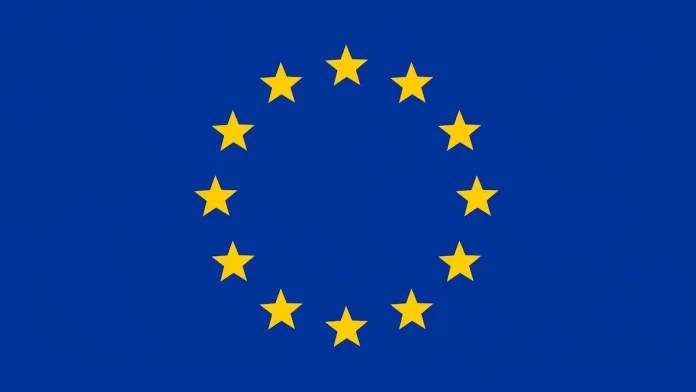The European Union (EU) is a complex political and economic union comprising 27 member states (as of my last knowledge update in September 2021).
Within the EU’s institutional framework, the European Commission and the Council of the European Union are two key institutions, each with distinct roles and responsibilities.
In this article, we will explore the differences between the European Commission and the Council, shedding light on their functions, structures, and how they contribute to the functioning of the EU.
European Commission: The Executive and Regulatory Body
- Function and Role:
- The European Commission acts as the executive and regulatory body of the European Union. It is often referred to as the “Guardian of the Treaties” because it ensures that EU laws and policies are implemented correctly.
- The Commission proposes legislation, policies, and initiatives to the EU Parliament and the Council, with a focus on the common interests of the EU as a whole.
- It is responsible for overseeing and enforcing EU laws and competition rules, promoting economic growth, and representing the EU on the global stage in various international negotiations.
- Composition:
- The Commission is composed of one representative (Commissioner) from each member state. Commissioners are appointed by their respective governments but are expected to act independently and in the EU’s best interests.
- The Commission President is appointed by the European Council (discussed later) and, along with the High Representative for Foreign Affairs and Security Policy, leads the Commission’s work.
- Decision-Making:
- While the Commission plays a crucial role in shaping EU policies, it does not make final decisions on legislation or policies. Instead, it proposes legislation, which must be approved by the EU Parliament and the Council to become law.
- The Commission’s role is to provide expertise, manage day-to-day operations, and ensure EU policies are implemented correctly.
Council of the European Union: The Legislative Body
- Function and Role:
- The Council of the European Union, commonly referred to as the “Council” or “Council of Ministers,” is one of the EU’s main legislative bodies. It represents the member states and is responsible for making decisions on various policy areas, including foreign affairs, economic policies, and justice and home affairs.
- The Council also plays a key role in negotiating and adopting EU legislation, with input from the European Parliament and the European Commission.
- Composition:
- The Council consists of government ministers from each member state, each responsible for a specific policy area. For instance, the Minister of Foreign Affairs represents a member state in foreign affairs discussions.
- The composition of the Council varies depending on the policy area being discussed, as different ministers participate in meetings relevant to their respective responsibilities.
- Decision-Making:
- Decisions within the Council are made through various voting procedures, often based on qualified majority voting (QMV) or unanimity, depending on the policy area. The method of voting depends on the specific decision and the provisions of the EU treaties.
- The Council works in conjunction with the European Parliament, which represents EU citizens, to shape and approve legislation. The Council’s role is to ensure that the interests and concerns of member states are taken into account during the legislative process.
Key Differences Summarized
- Function:
- European Commission: Executive and regulatory body, responsible for proposing legislation, enforcing EU laws, and representing the EU internationally.
- Council of the European Union: Legislative body, responsible for making decisions on EU policies, adopting legislation, and representing member states’ interests.
- Composition:
- European Commission: Composed of one Commissioner from each member state, led by a President.
- Council of the European Union: Composed of government ministers from member states, with varying compositions depending on policy areas.
- Decision-Making:
- European Commission: Proposes legislation and policies, provides expertise, and oversees implementation.
- Council of the European Union: Makes decisions on EU policies and legislation, often through voting procedures, and collaborates with the European Parliament.
Conclusion
The European Commission and the Council of the European Union are two pivotal institutions within the complex governance structure of the European Union.
While the Commission serves as the executive and regulatory body, proposing legislation and overseeing EU policies, the Council represents member states and plays a key role in shaping and approving EU legislation.
These institutions work in tandem, along with the European Parliament, to ensure that the EU functions effectively and in line with the principles of democratic governance and cooperation among member states.
